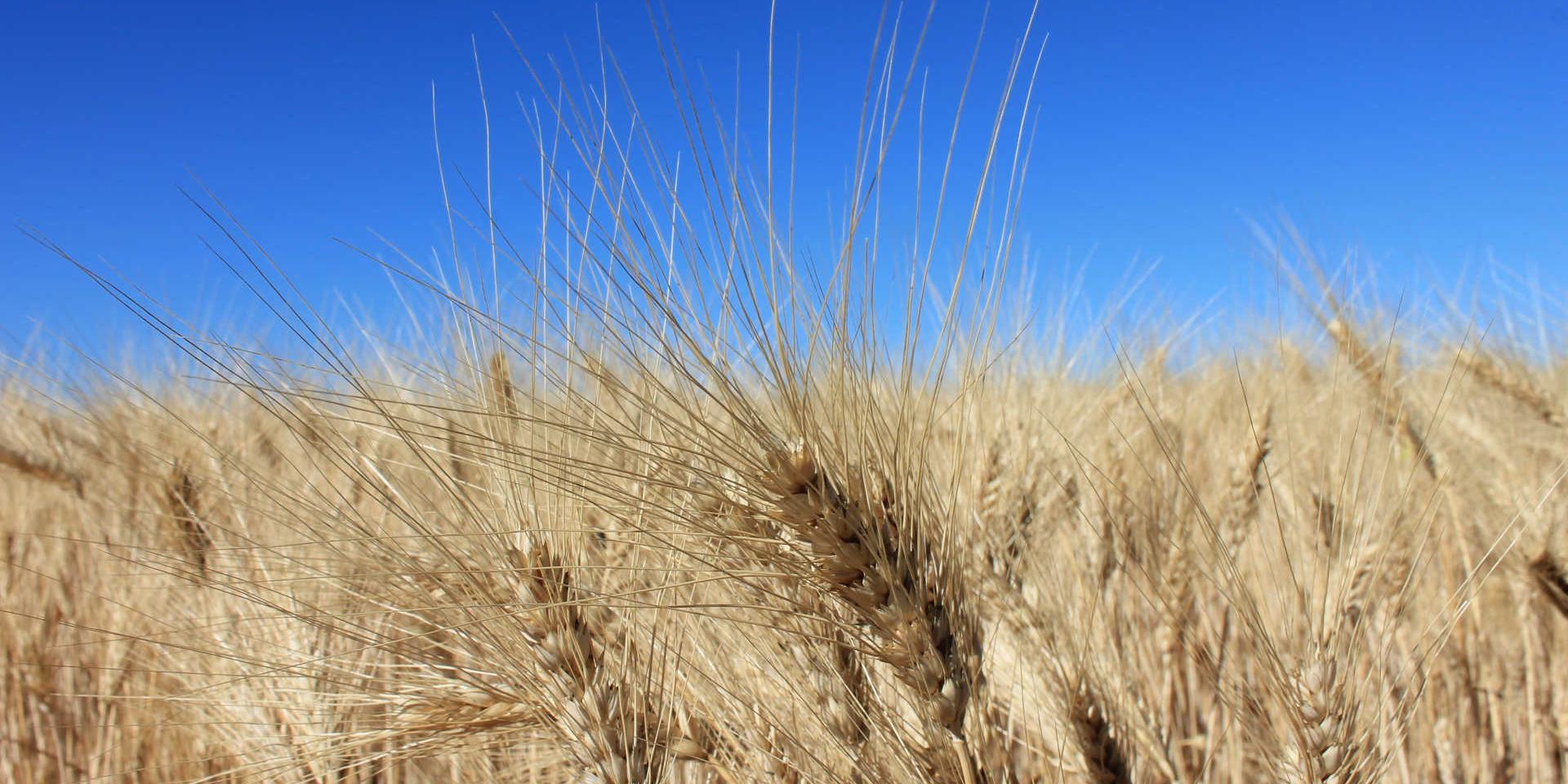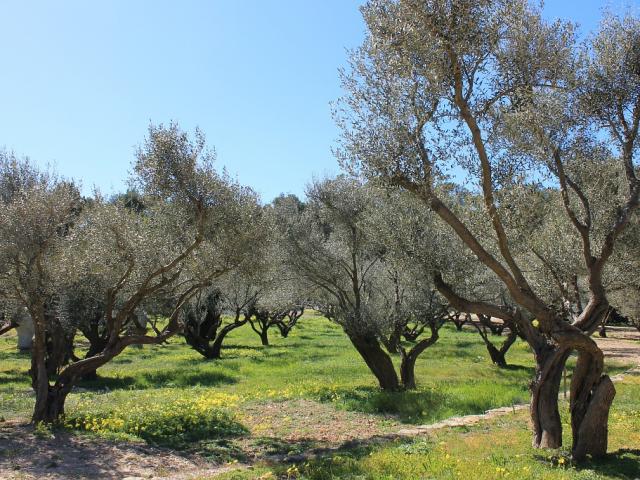Pastoral traditions
The fertile plain of La Crau
Foin de Crau hay produced by farmers on the plain of La Crau has benefited from its very own Appellation d’Origine Contrôlée since 1997. Originating from natural meadows, it is very rich, balanced and nourishing, make it a perfect foodstuff for animals. Did you know that its characteristics vary according to when it is harvested? Hay cut in May is rich in grasses for horses and sheep, while the July crop is better suited to cows and goats! The Alpilles overflows with natural beauty and the Coussouls de Crau nature reserve is proof of the pudding! Enjoy exploring this gorgeous natural area forged by 6,000 years of interactions between nature, man and sheep. Treat yourself to a guided tour of this kingdom of flocks or enjoy a walk along the Peau de Meau nature trail. The Écomusée de la Crau ecomuseum retraces the story of our agro-pastoral economy and invites you to discover the human and natural heritage of La Crau.




